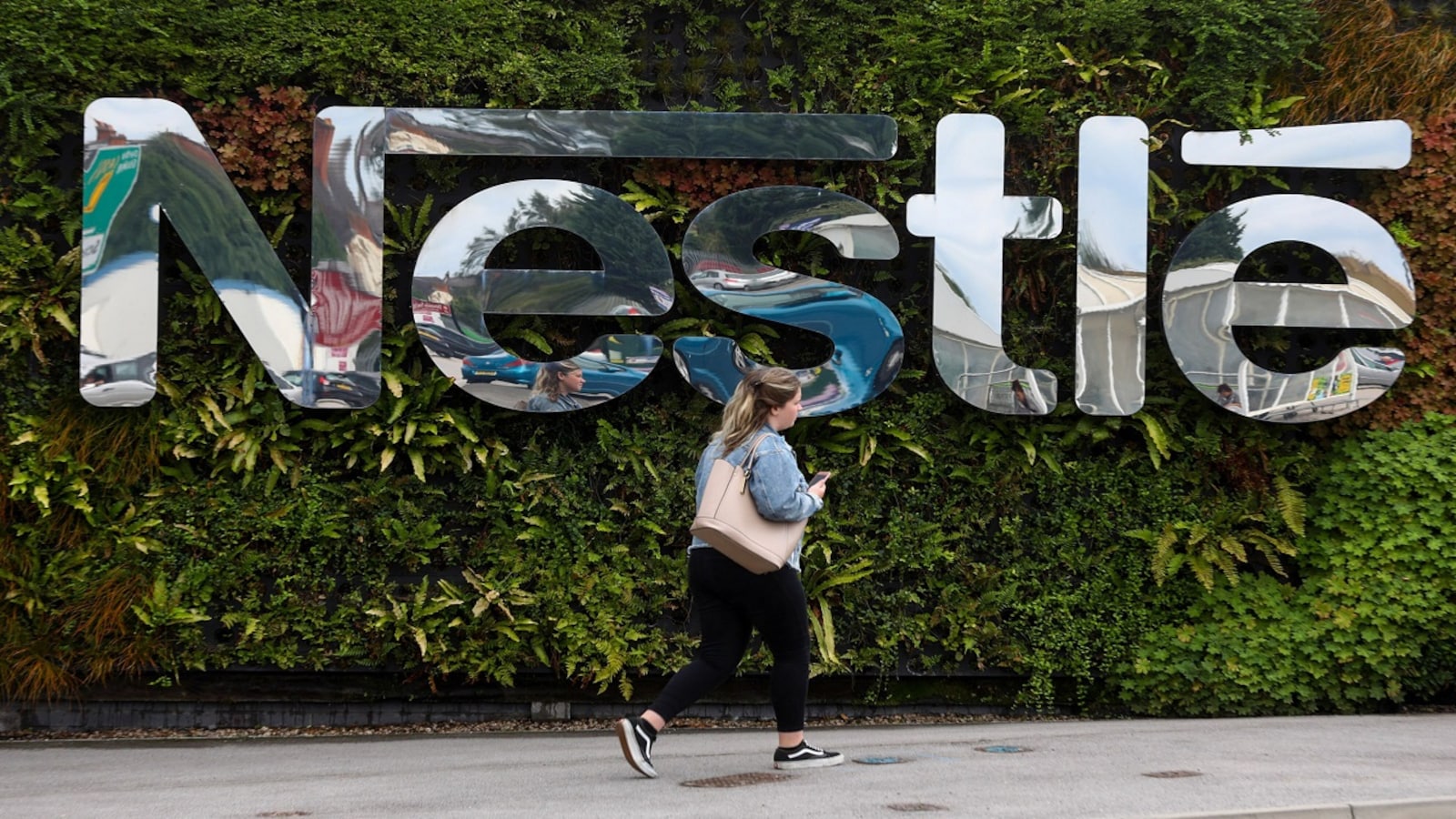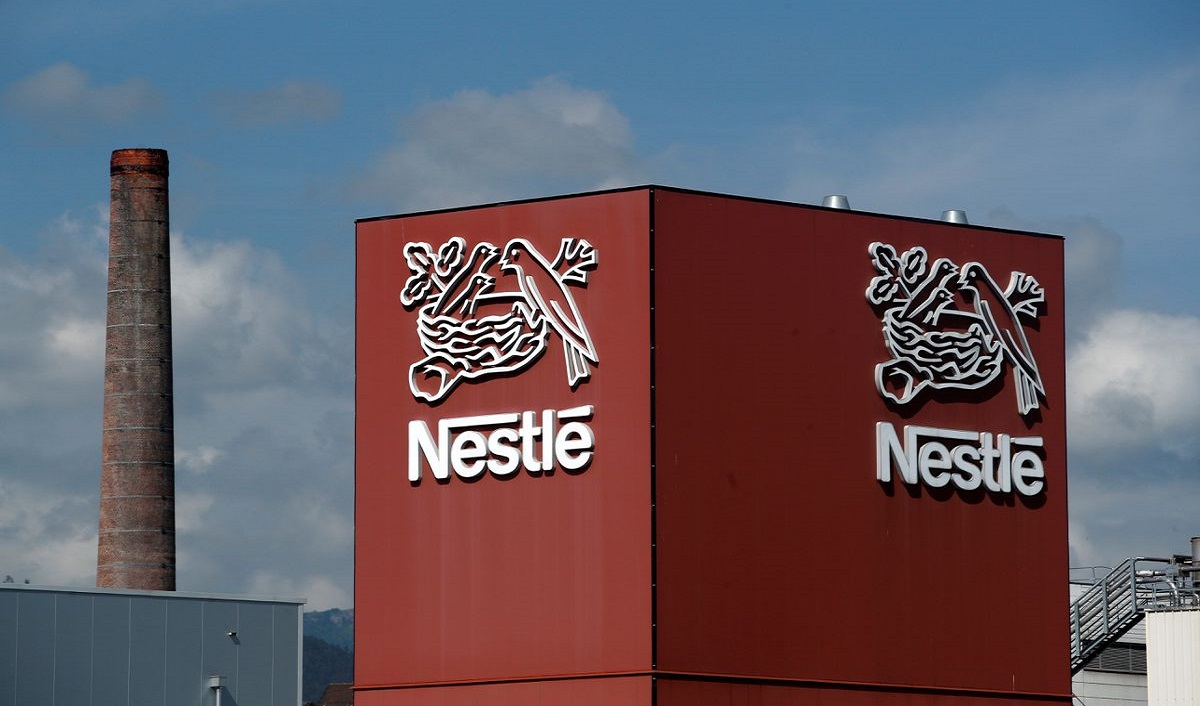Premiumisation and Rural Penetration: Twin Strategies Driving Growth for Nestlé India 2023
Suresh Narayanan, chairman and managing director of Nestle India, stated at a media roundtable on Thursday that the company is improving its packaged food business while also trying to offer newer food categories in the premium range. He said that the business will keep up its premiumization strategy across several categories, including coffee and chocolates.
“This year, we’ve already introduced 10 new goods. While concentrating on the premiumization of our products, we are looking at other categories, Narayanan added.

Despite the government’s efforts to restrain overall price increases, he claimed that food inflation remains a matter for worry, and the movement of commodity prices has to be continuously monitored for potential long-term effects.
Even if the seeding is successful, Kharif crops may suffer from a 30% monsoon shortfall based on publicly accessible statistics, according to Narayanan.According to him, demand from such markets will be affected if rains have a significant negative impact on the rural economy. Nestle presently receives one-fifth of revenues from distant regions and is increasing its rural exposure with pertinent offerings.
“Things are looking stable right now,” he added, “even though my play is relatively lower at about 20% (in rural), it is fairly significant.”
Nestle has noticed an increase in consumer demand in the rural economy during the April to June quarter.

In the world of consumer goods, especially in the fast-moving consumer goods (FMCG) sector, companies are constantly seeking innovative strategies to drive growth and maintain their competitive edge. Nestlé India, a subsidiary of the global food and beverage conglomerate Nestlé, is no exception.
The company has successfully harnessed two key strategies – premiumisation and rural penetration – to bolster its presence and profitability in the Indian market. This article delves into the significance of these strategies for Nestlé India and how they have contributed to the company’s sustained success.

Premiumisation is the process of upgrading or enhancing a product’s features, quality, and branding to appeal to consumers willing to pay a higher price for enhanced value and experience. For Nestlé India, this strategy has involved upgrading their existing product portfolio to meet the evolving preferences and demands of the Indian consumer base. Here’s how premiumisation has been important for the company:
- Catering to Changing Consumer Preferences: As income levels rise and consumer aspirations evolve, there is an increasing demand for higher-quality, healthier, and more innovative products. Nestlé India has responded by introducing premium variants of its popular products, such as higher-grade coffee blends, gourmet chocolates, and health-focused options like organic foods.
- Brand Reinforcement: Premiumisation allows Nestlé to enhance its brand image and maintain a perception of exclusivity. By offering premium options, the company demonstrates its commitment to delivering top-notch quality and meeting the desires of discerning consumers.
- Revenue Growth: Premium products generally command higher profit margins, which positively impacts the company’s financial performance. Nestlé India’s focus on premiumisation has contributed to revenue growth and improved profitability.
While urban markets have traditionally been the focus for many FMCG companies, rural areas represent a significant untapped market with immense growth potential. Nestlé India’s rural penetration strategy involves expanding its reach and product distribution to rural regions. Here’s why rural penetration is crucial for the company:
- Large Untapped Market: A substantial portion of India’s population resides in rural areas. By effectively penetrating these markets, Nestlé India can access a vast consumer base that has historically been underserved.
- Increasing Disposable Income: Over the years, rural India has witnessed an increase in disposable income due to various factors such as agriculture diversification, government initiatives, and rural employment programs. This rise in disposable income has led to increased purchasing power, which FMCG companies like Nestlé can capitalize on.
- Building Brand Loyalty: Establishing a strong presence in rural areas enables Nestlé India to build brand loyalty from an early stage, as consumers in these regions may have limited exposure to competing products.
- Diversification: Rural penetration allows Nestlé India to diversify its revenue streams, reducing its reliance on urban markets and making the company more resilient to market fluctuations.
While premiumisation and rural penetration might seem like contrasting strategies, Nestlé India has demonstrated how they can complement each other to create a powerful growth engine. The company’s premium products cater to the evolving tastes of urban consumers, while the rural penetration strategy ensures that the benefits of premium products reach a wider audience, adapting to local preferences and price points.
Nestlé India’s success story is a testament to the effectiveness of a multi-faceted approach to growth. By combining the strategies of premiumisation and rural penetration, the company has managed to stay relevant and competitive in an ever-changing market.

As the Indian consumer landscape continues to evolve, Nestlé India’s commitment to innovation, quality, and accessibility will likely remain key drivers of its ongoing success. The company’s journey serves as an inspiration for other FMCG companies aiming to navigate the complexities of India’s diverse consumer markets.




